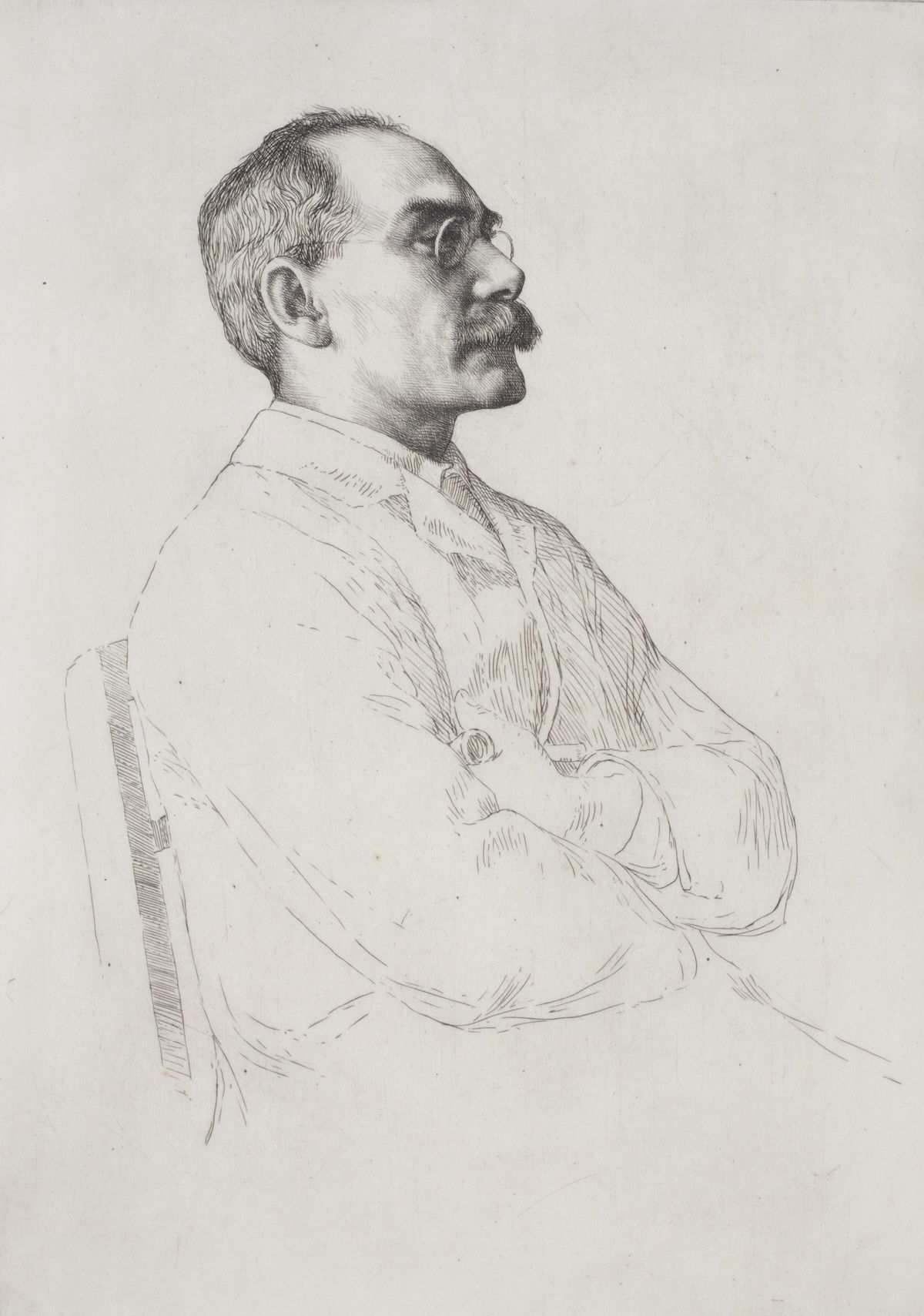Kipling, Kim and Imperialism
Rudyard Kipling’s imperialism was more complex than the line, ‘Oh, East is East and West is West and never the twain shall meet.’

'The issue is not a mean one. It is whether ... you will be a great country – an Imperial country – a country where your sons, when they rise, rise to paramount positions, and obtain not merely the esteem of their countrymen, but command the respect of the world.'
With these words, uttered during his famous Crystal Palace speech of 1872, Benjamin Disraeli gave the term imperialism respectable political currency in England.
Three years later he made Queen Victoria Empress of India. His enthusiasm for empire was perhaps a little in advance of its time. By the 1890s, however, Rudyard Kipling was writing for an audience made familiar with the 'new imperialism' by continuing British expansion. His works, originally written only for a limited Anglo-Indian public, now found a responsive readership in Britain.
